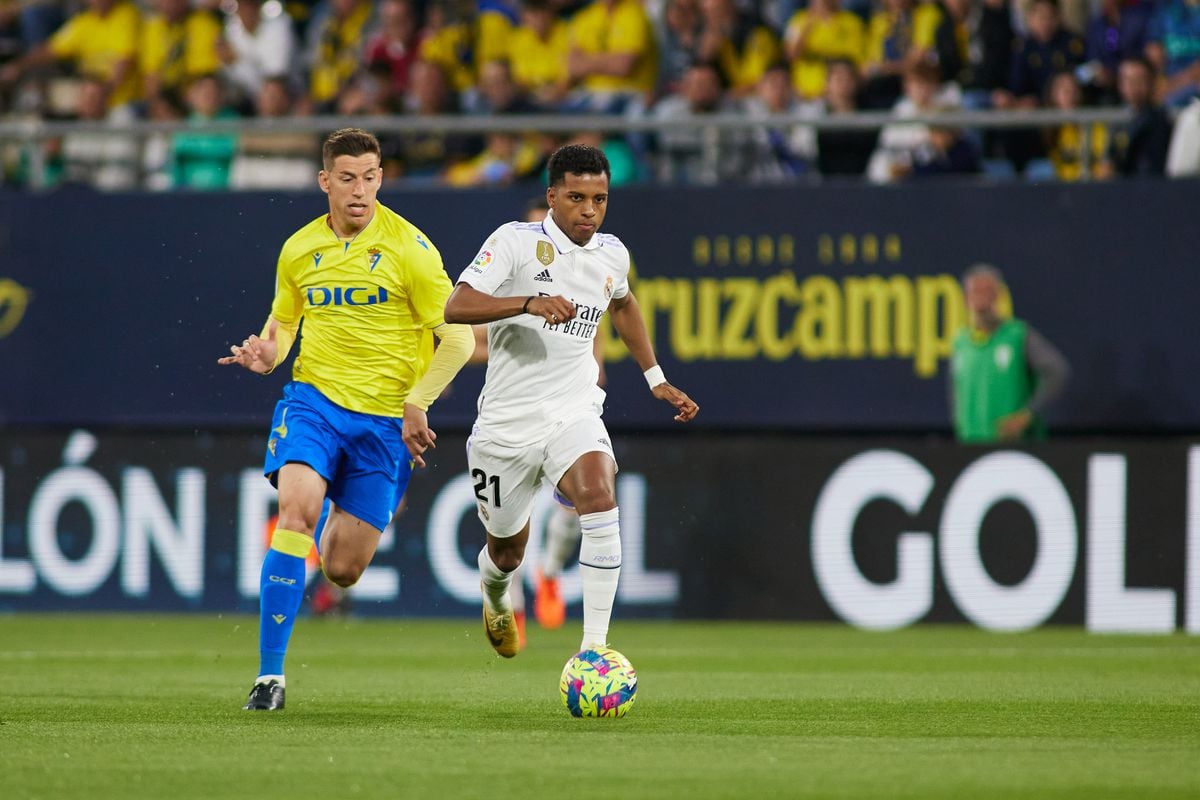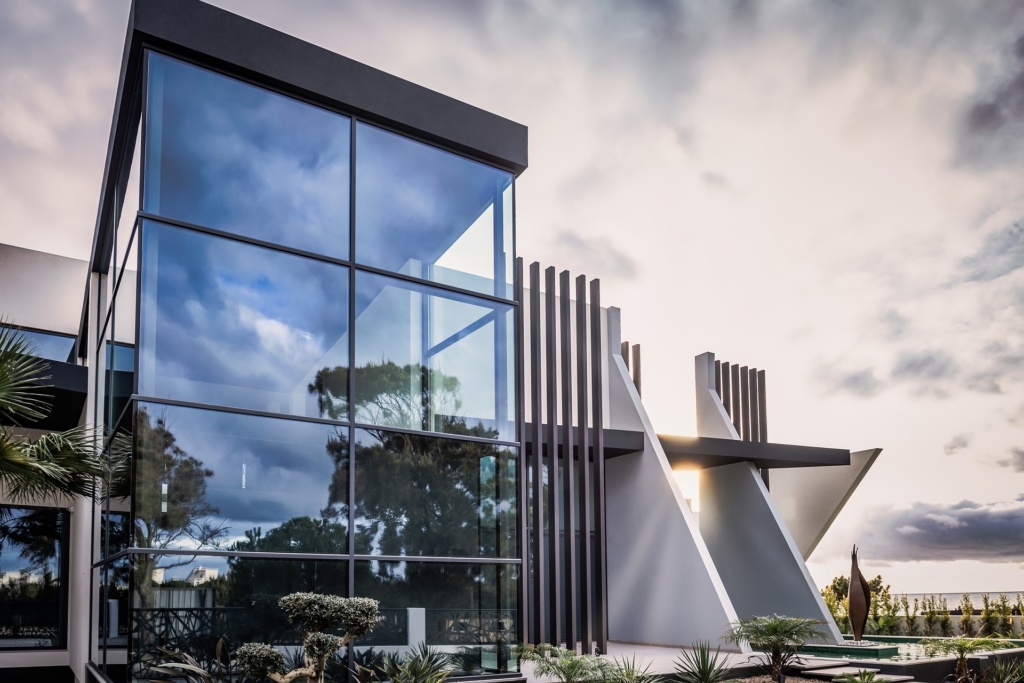The Rich History and Success of Fiorentina: A Journey Through the Ages
Por um escritor misterioso
publicado em dezembro/28/2024

Discover the rich history and success of Fiorentina, one of Italy's most iconic football clubs. From their humble beginnings to their triumphs on the national and international stage, this article takes you on a journey through the ages of Fiorentina.


One of the defining moments in Fiorentina's history came in the late 1950s and early 1960s when the club experienced its golden era. Led by their charismatic manager, Nils Liedholm, Fiorentina won their first Serie A title in the 1955-1956 season. This success was followed by an impressive run in European competitions, reaching the finals of the European Cup in 1957-1958 and the following year in 1958-1959. Although they were runners-up on both occasions, Fiorentina's performances put them on the map as one of Italy's top teams.
Fiorentina's success continued in the 1960s. Under the guidance of manager Sergio Campana, they won their second Serie A title in the 1968-1969 season. This triumph was accompanied by victory in the Coppa Italia, making it a historic double for the club. The team boasted talented players like Giancarlo Antognoni, a true legend of Fiorentina who spent his entire career at the club.
In the 1980s, Fiorentina experienced another period of success. Under the management of Sven-Göran Eriksson, the club won another Coppa Italia title in 1989-1990. They also had several notable players during this time, including Roberto Baggio, who became a global superstar and played a pivotal role in Fiorentina's achievements.
However, the 1990s and early 2000s were challenging for Fiorentina. Financial difficulties led to the club's relegation to Serie B in the 1992-1993 season. Despite this setback, Fiorentina managed to bounce back and secured promotion back to Serie A in 1994-1995. The club underwent a period of restructuring and began rebuilding both on and off the pitch.
In recent years, Fiorentina has made significant progress. The ownership of the club changed hands, and new investment brought stability and ambition to the team. Under the guidance of manager Vincenzo Montella, Fiorentina has competed in European competitions and consistently finished in the top half of Serie A.
Fiorentina's home stadium is the Stadio Artemio Franchi, which has a capacity of over 43,000 spectators. The stadium is known for its unique elliptical shape and has been the setting for many memorable matches throughout Fiorentina's history.
The iconic purple jerseys worn by Fiorentina have become synonymous with the club. The color purple represents the city of Florence and reflects the cultural heritage of the region. Fiorentina fans, known as Viola, are passionate and loyal supporters who create an electric atmosphere at home matches.
In conclusion, Fiorentina is a club with a rich history and a legacy of success. From their golden era in the 1950s and 1960s to their recent progress, Fiorentina has left an indelible mark on Italian football. With a dedicated fanbase and a commitment to excellence, Fiorentina continues to strive for greatness both on and off the pitch.




Casas Simples: Modelos de Fachadas e Decoração para Inspirar Você

Modelos De Casas Modernos - Modelos De Casas Modernos
Fiorentina, officially known as ACF Fiorentina, is a professional football club based in Florence, Italy. Founded in 1926, the club has a rich history and has enjoyed success both domestically and internationally.One of the defining moments in Fiorentina's history came in the late 1950s and early 1960s when the club experienced its golden era. Led by their charismatic manager, Nils Liedholm, Fiorentina won their first Serie A title in the 1955-1956 season. This success was followed by an impressive run in European competitions, reaching the finals of the European Cup in 1957-1958 and the following year in 1958-1959. Although they were runners-up on both occasions, Fiorentina's performances put them on the map as one of Italy's top teams.
Fiorentina's success continued in the 1960s. Under the guidance of manager Sergio Campana, they won their second Serie A title in the 1968-1969 season. This triumph was accompanied by victory in the Coppa Italia, making it a historic double for the club. The team boasted talented players like Giancarlo Antognoni, a true legend of Fiorentina who spent his entire career at the club.
In the 1980s, Fiorentina experienced another period of success. Under the management of Sven-Göran Eriksson, the club won another Coppa Italia title in 1989-1990. They also had several notable players during this time, including Roberto Baggio, who became a global superstar and played a pivotal role in Fiorentina's achievements.
However, the 1990s and early 2000s were challenging for Fiorentina. Financial difficulties led to the club's relegation to Serie B in the 1992-1993 season. Despite this setback, Fiorentina managed to bounce back and secured promotion back to Serie A in 1994-1995. The club underwent a period of restructuring and began rebuilding both on and off the pitch.
In recent years, Fiorentina has made significant progress. The ownership of the club changed hands, and new investment brought stability and ambition to the team. Under the guidance of manager Vincenzo Montella, Fiorentina has competed in European competitions and consistently finished in the top half of Serie A.
Fiorentina's home stadium is the Stadio Artemio Franchi, which has a capacity of over 43,000 spectators. The stadium is known for its unique elliptical shape and has been the setting for many memorable matches throughout Fiorentina's history.
The iconic purple jerseys worn by Fiorentina have become synonymous with the club. The color purple represents the city of Florence and reflects the cultural heritage of the region. Fiorentina fans, known as Viola, are passionate and loyal supporters who create an electric atmosphere at home matches.
In conclusion, Fiorentina is a club with a rich history and a legacy of success. From their golden era in the 1950s and 1960s to their recent progress, Fiorentina has left an indelible mark on Italian football. With a dedicated fanbase and a commitment to excellence, Fiorentina continues to strive for greatness both on and off the pitch.

Cádiz vs Real Madrid Predicciones y Consejos de Apuestas 26/11/23

Casas para alugar em Curitiba - PR - Imovelweb
